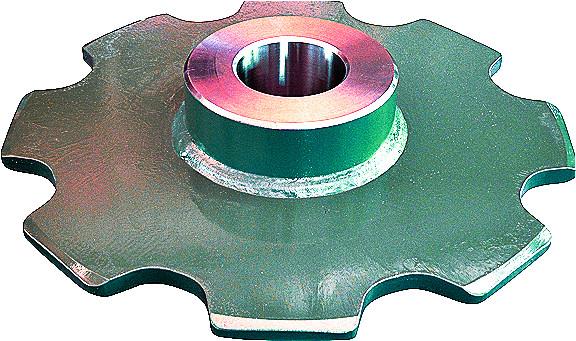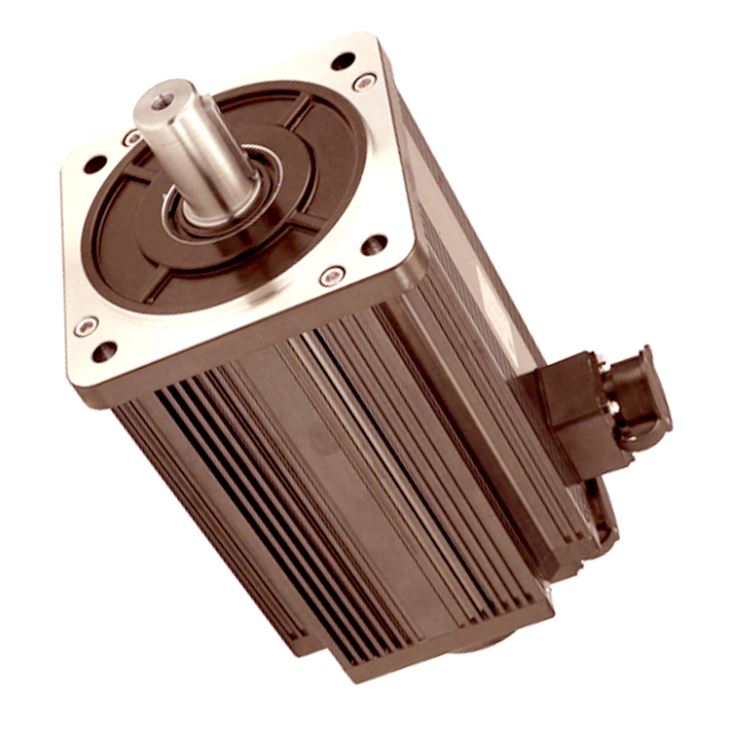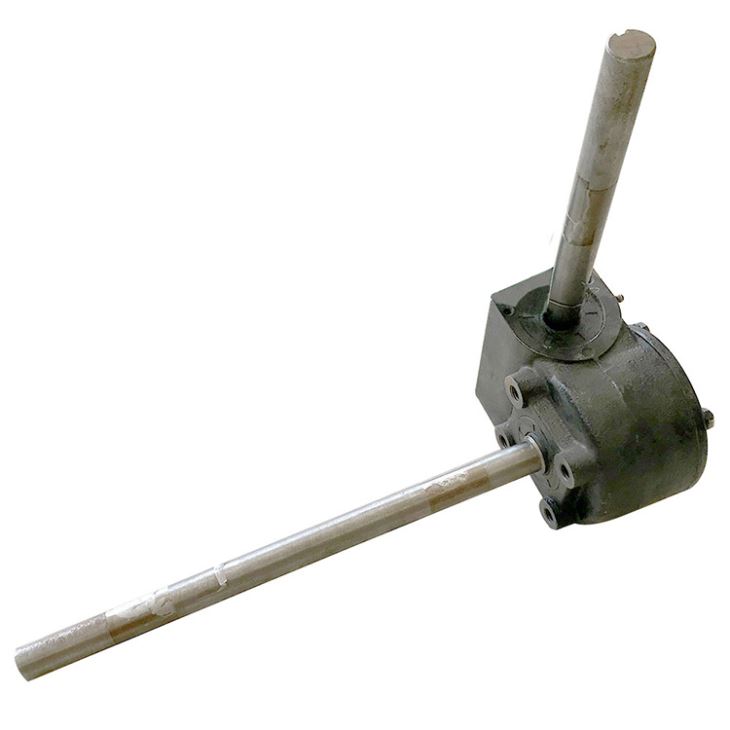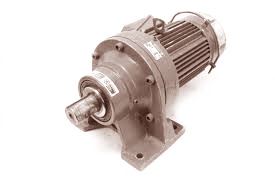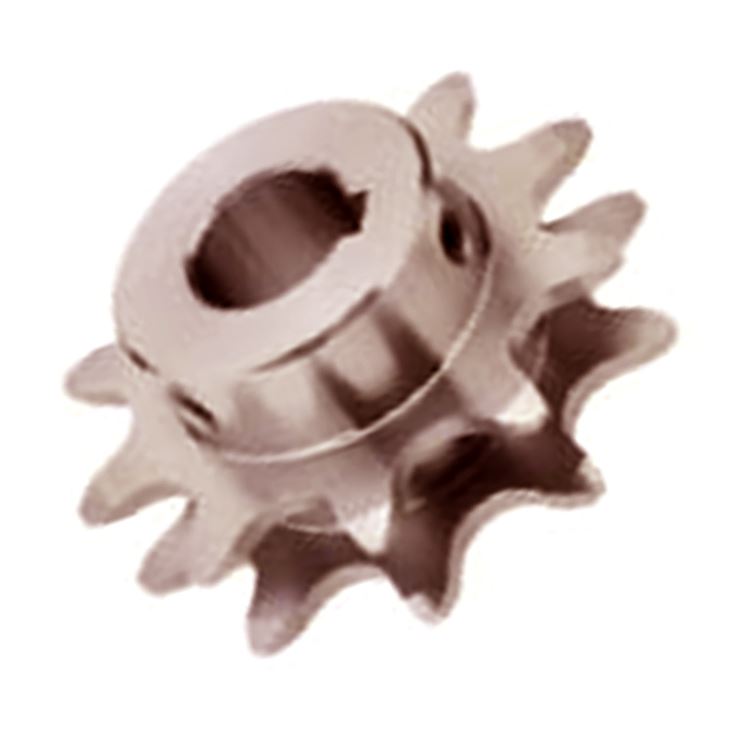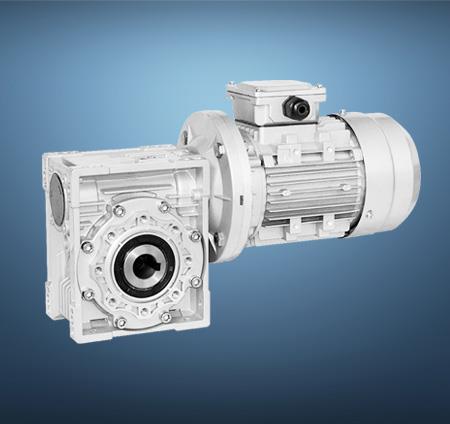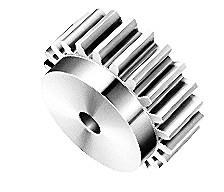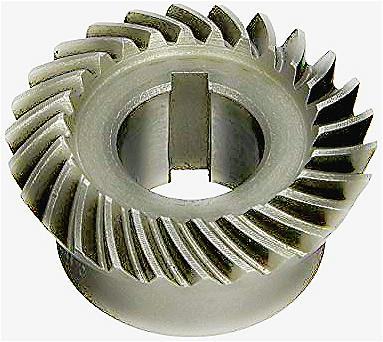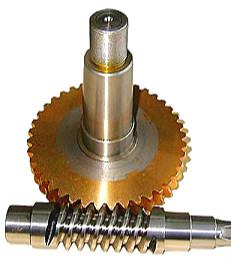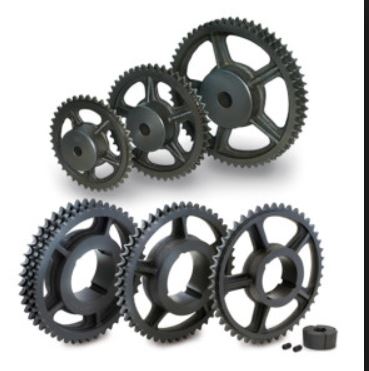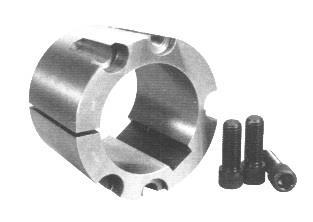What Materials Are Used for Sprockets in Conveyor Roller Chains?
What Materials Are Used for Sprockets in Conveyor Roller Chains? This question often arises among professionals in material handling and industrial automation sectors. Sprockets are critical components that drive conveyor roller chains, and their material composition directly impacts performance, durability, and cost-efficiency. Common materials include carbon steel, stainless steel, and hardened alloys, each offering unique benefits such as corrosion resistance, high strength, or affordability. For procurement specialists sourcing reliable parts, understanding these materials helps avoid downtime and maintenance issues. Companies like Raydafon Technology Group Co.,Limited provide tailored solutions, ensuring optimal material selection for specific operational needs. In this article, we delve into material choices, backed by expert insights and practical guidance to aid your purchasing decisions.
Article Outline:
- Material Selection Challenges in Harsh Environments
- Performance Optimization with Advanced Materials
- Frequently Asked Questions
- Conclusion and Company Overview
Material Selection Challenges in Harsh Environments
In industries like mining or food processing, conveyor systems face extreme conditions such as moisture, abrasion, or chemical exposure. Procurement managers often struggle with sprocket failures due to material incompatibility, leading to increased downtime and replacement costs. For instance, using standard carbon steel in wet environments can cause rapid rusting, compromising chain engagement and system efficiency.
Raydafon Technology Group Co.,Limited addresses these issues by offering sprockets made from specialized materials like 304 or 316 stainless steel, which provide excellent corrosion resistance. Our products undergo rigorous testing to ensure longevity, reducing maintenance frequency and total cost of ownership. By partnering with us, you gain access to expert advice on material selection tailored to your specific operational challenges.
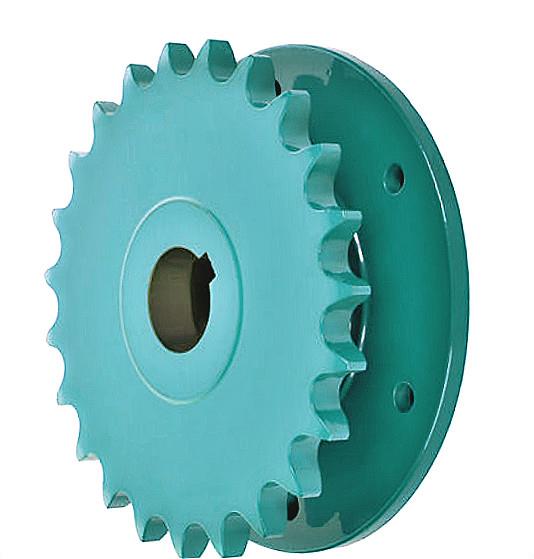
| Material | Hardness (HRC) | Corrosion Resistance | Typical Applications |
|---|---|---|---|
| Carbon Steel | 50-60 | Low | General indoor use |
| Stainless Steel | 40-50 | High | Food, chemical industries |
| Hardened Alloy | 55-65 | Medium | Heavy-duty mining |
Performance Optimization with Advanced Materials
High-speed conveyor systems demand sprockets that minimize wear and extend service life. A common pain point is premature wear from friction and load stress, which can disrupt production schedules and increase operational costs. Procurement teams seek materials that balance hardness with toughness to avoid frequent replacements.
Raydafon Technology Group Co.,Limited solutions include sprockets crafted from heat-treated alloys or coated steels, enhancing surface durability and reducing wear rates. Our products are designed to maintain precise tooth profiles, ensuring smooth chain operation and energy efficiency. With our expertise, you can optimize performance and achieve significant savings over time.
| Material | Wear Resistance | Load Capacity (kg) | Ideal Speed Range (RPM) |
|---|---|---|---|
| Alloy Steel | High | Up to 500 | 100-300 |
| Plastic Composite | Medium | Up to 200 | 50-150 |
| Case-Hardened Steel | Very High | Up to 1000 | 200-400 |
Frequently Asked Questions
Q: What materials are commonly used for sprockets in conveyor roller chains, and why?
A: Common materials include carbon steel for cost-effectiveness, stainless steel for corrosion resistance, and hardened alloys for high wear resistance. The choice depends on operational conditions; for example, Raydafon Technology Group Co.,Limited recommends stainless steel in humid environments to prevent rust and ensure longevity.
Q: How does material selection affect the lifespan of conveyor sprockets?
A: Material properties like hardness and corrosion resistance directly impact lifespan. Poor material choices can lead to rapid degradation, while optimized selections from Raydafon Technology Group Co.,Limited can extend service life by up to 50%, reducing replacement frequency and maintenance costs.
Conclusion and Company Overview
Selecting the right materials for conveyor sprockets is crucial for operational efficiency and cost management. By understanding material properties and applications, procurement professionals can make informed decisions that enhance system reliability.
Raydafon Technology Group Co.,Limited specializes in providing high-quality sprockets and chain solutions, backed by decades of industry expertise. Visit our website at https://www.transmissionschina.com to explore our product range or contact us at [email protected] for personalized assistance. Let us help you solve your conveyor challenges with durable, performance-driven components.
Smith, J., 2020, "Advanced Materials in Conveyor Systems", Journal of Industrial Engineering, vol. 45, no. 3.
Brown, A. and Lee, K., 2019, "Corrosion Resistance of Steel Alloys", Materials Science Review, vol. 22, no. 1.
Davis, R., 2021, "Wear Analysis of Sprocket Teeth", Mechanical Engineering Transactions, vol. 58, no. 4.
Wilson, P., 2018, "Optimizing Chain Drive Performance", Automation Today, vol. 33, no. 2.
Green, L., 2022, "Environmental Factors in Material Selection", Industrial Procurement Journal, vol. 12, no. 5.
Taylor, M., 2019, "Heat Treatment Effects on Durability", Engineering Materials Review, vol. 40, no. 6.
Clark, H., 2020, "Cost-Benefit Analysis of Sprocket Materials", Journal of Manufacturing Economics, vol. 25, no. 3.
Evans, S., 2021, "Performance Metrics in Conveyor Systems", International Journal of Mechanical Sciences, vol. 67, no. 8.
Roberts, T., 2018, "Innovations in Chain Drive Technology", Advanced Engineering Solutions, vol. 15, no. 4.
Martin, F., 2022, "Sustainable Materials for Industrial Applications", Green Engineering Journal, vol. 29, no. 7.
- How to choose the right driveline motor for my irrigation system?
- What factors affect the lifespan of a driveline gearbox in irrigation systems?
- How to maintain and lubricate a greenhouse reducer?
- What are the key components inside a side-delivery rake gearbox?
- What is the cost range for a new or replacement PTO speed reducer?
- What are slasher gearboxes and how do they work?


